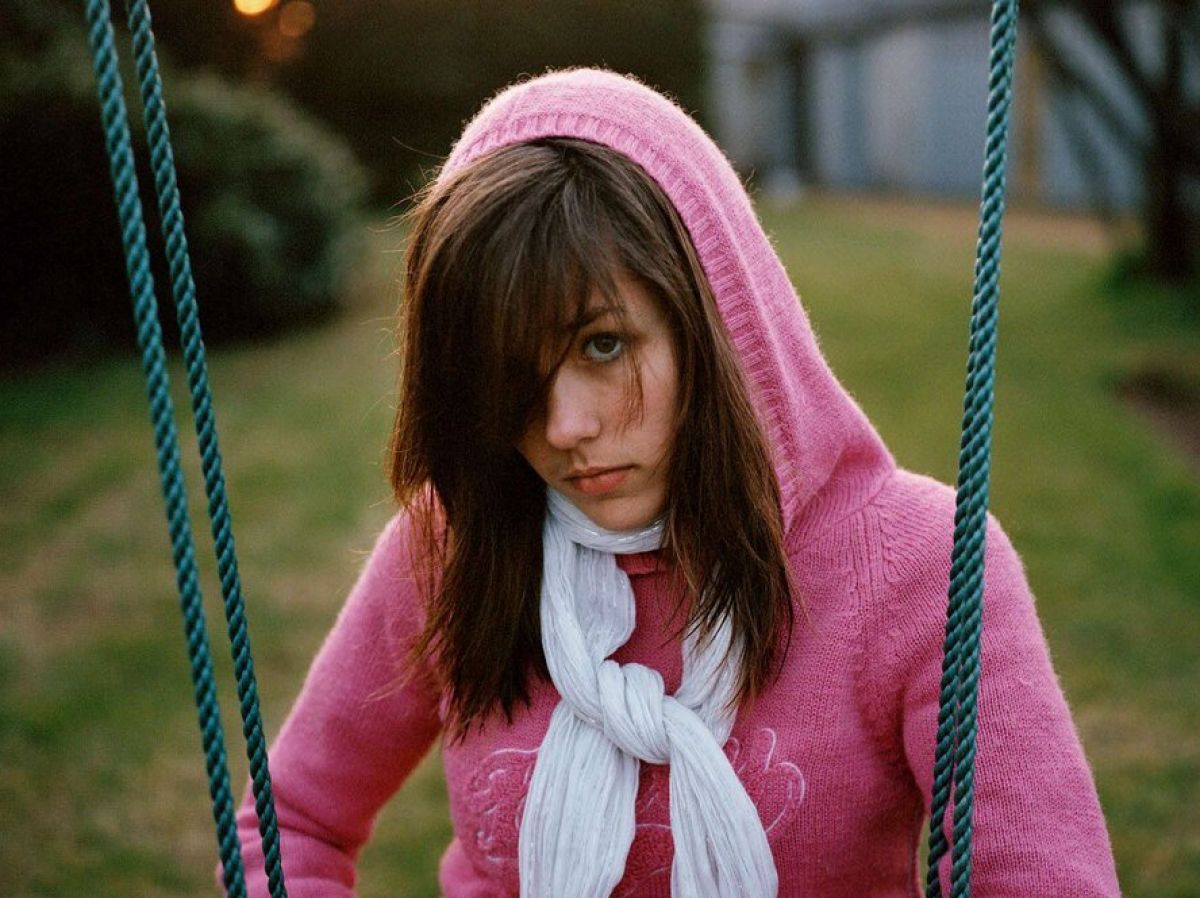This article is from the magazine Les Dossiers de Sciences et Avenir ndeg220 dated January/March 2025.
In 2021, 20.8% of 18-24 year-olds were affected by depression – twice as many as in 2017 – with 7.2% even admitting to having had suicidal thoughts, according to the CoviPrev surveys, instituted during the pandemic. And the youngest are not spared. In April 2024, the national EnCLASS survey, which surveys middle and high school students, revealed that one in seven adolescents is at serious risk of depression, with the trend being much more marked among girls.
There are many sources of unhappiness: school bullying, anxiety-provoking current events, performance anxiety, body changes that are not well-experienced, etc. All of which result in anxiety and a deep sense of loneliness experienced by more than a quarter of the adolescents surveyed. A feeling that also affects young adults. It can be a physical feeling, characterized in this case by the absence of regular social interactions; or emotional, with the person feeling a distance from those around them.
A notable effect of social networks
Highlighted during the lockdown, this true "scourge of the 21st century" has grown since then. According to a study published in 2023 by the Jean-Jaures Foundation, nearly half of French people feel lonely, a feeling that concerns 71% of 18-24 year-olds and 79% of daily users of social networks.
Faced with this malaise, one of the reflexes of young people is to turn to screens, for more than two thirds of them, according to the same study. However, if social networks constitute an interface of exchange without equal, several studies show that they can amplify the feelings of anxiety and loneliness. Since the beginning of the 2010s, many studies have also highlighted a correlation between intensive use of social networks and anxiety and depressive disorders. What can we do, then, to try to feel better?
Read alsoStudy finds sharp rise in suicidal thoughts and attempts among young adults
Aid available
The foundation of good mental health – in the absence of serious psychological problems, which require a medical consultation – will always remain a varied diet, regular exercise and quality sleep. As a study from the University of Cambridge, published in 2024, reminds us, the quality of the contents of our plate can thus influence our mood – a magnesium deficiency can cause anxiety, and a lack of zinc or iron, depressive disorders. Similarly, physical activity, even moderate, can help reduce mild depressive disorders.
Beyond this trinity of evidence, however, other reflexes can be adopted. The first step consists of reappropriating strong and real social ties, that is to say, anchored in a physical and not virtual context: practicing a sporting or cultural activity in a club, doing volunteer work, etc.
Read also"Student depression remains a massive problem"
If these approaches are difficult to implement, it is possible to approach structures and professionals who listen and provide support. The medico-psychological centers (CMP and CMPP) bring together psychologists, psychiatrists, educators and social workers who can be consulted free of charge and provide solutions. But the waiting times to get an appointment are often long: sometimes almost a year! Students can turn to the medical staff of their establishment or structures such as "adolescent houses", which receive free of charge, anonymously and without an appointment to direct children and parents to the appropriate professionals.
For 18-25 year olds, the PAEJ (Youth Reception and Listening Points) play a similar role. There are also community initiatives, such as the Nightline nighttime listening service, by and for students, or the mutual aid structure "La Maison perchee", which aims to bring together people suffering from psychological disorders. Also, since 2022, the "Mon soutien psy" program partially covers up to 12 sessions per year with a psychologist. It can be combined with the "Sante psy etudiant" system, which provides 12 free sessions per year.
Finally, the National Public Health Agency has set up an information service, Fil Sante Jeunes, for 12-25 year-olds, whose website publishes valuable information.

